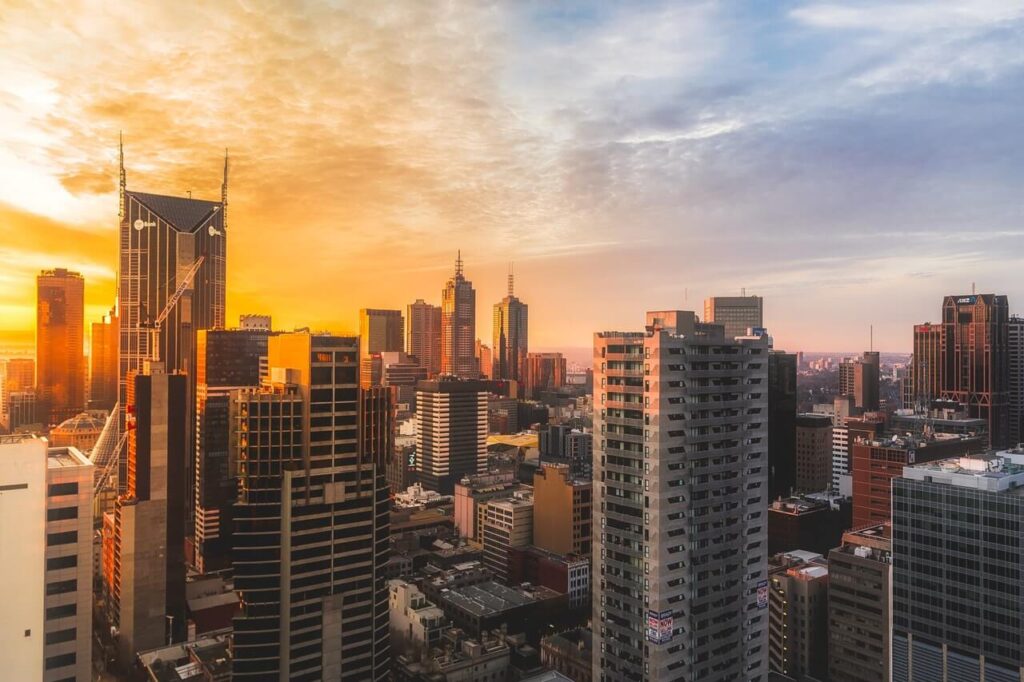Businesses drive a country’s economy. They create millions of employment opportunities and support the livelihood of people all across the globe. It has been a crucial part of the overall development of a country and it’s people. Every day there are new ideas that take birth and very few of them manage to change and impact the lives of millions. There are many reasons behind this and the obvious one is lack of experience. Experience plays a vital role in an entrepreneurial journey. It enables professionals to better respond to challenges.
When professionals run into a new challenge, the most important thing that they do is take the challenge positively, as a new learning experience. This is what Business Tycoons of this era call “the Winning attitude”. This attitude is what helps them to concur their demons and fight against tremendous odds to come out victorious in the other side.
The first use of the term “coach” in connection with an instructor or trainer arose around 1830 in Oxford University slang for a tutor who “carried” a student through an exam.The word “coaching” thus identified a process used to transport people from where they are to where they want to be. The first use of the term in relation to sports came in 1861. Historically the development of coaching has been influenced by many fields of activity, including adult education, the Human Potential Movement, large-group awareness training (LGAT) groups such as “est”, leadership studies, personal development, and psychology.

Traveling is not the same as vacation
There’s a growing community of “digital nomads” who live a location independent lifestyle. We’re software developers, designers, writers, journalists, engineers, and all sorts of people who share a passion for the work we do and experiencing the world.
I propose that a nomadic lifestyle is a productive way to build a real company. I’m working hard on bootstrapping an ambitious startup, Moo.do. I’m traveling because it’s cheaper, more productive, and more inspiring than sitting in one place. Traveling is the most responsible choice for the sake of my company, my finances, and my personal growth.
“I’ve learned that people will forget what you said, people will forget what you did, but people will never forget how you made them feel.”
– Maya Angelou
I became a nomad by accident
Three years ago I was preparing to leave my job at Microsoft to move to San Francisco to start a startup. My friend asked me “but why do you need to be in San Francisco when you can work on a computer from anywhere?” His question made a lot of sense. As I thought about it more, I began to question my assumptions about a “normal life” which don’t make sense in our modern world.
I reject the idea of a 9–5 job. I want to explore the world.
H1: Traveling is cheaper than staying at home
This is my average total monthly spending from one year living in Seattle’s Capitol Hill, one year living in San Francisco’s Upper Haight, one year traveling to 20 countries, and one month at a hotel in Bali. It is much cheaper for me to travel. Since the majority of my costs are from trains and flights, it’s significantly cheaper if I stay in one place.
H2: Traveling makes me more productive
This is my average total monthly spending from one year living in Seattle’s Capitol Hill, o
ne year living in San Francisco’s Upper Haight, one year traveling to 20 countries, and one month at a hotel in Bali. It is much cheaper for me to travel. Since the majority of my costs are from trains and flights, it’s significantly cheaper if I stay in one place.
H3: 9–5 is not optimal
This is my average total monthly spending from one year living in Seattle’s Capitol Hill, one year living in San Francisco’s Upper Haight, one year traveling to 20 countries, and one month at a hotel in Bali. It is much cheaper for me to travel. Since the majority of my costs are from trains and flights, it’s significantly cheaper if I stay in one place.
H4: Traveling expands my cultural bubble
This is my average total monthly spending from one year living in Seattle’s Capitol Hill, one year living in San Francisco’s Upper Haight, one year traveling to 20 countries, and one month at a hotel in Bali. It is much cheaper for me to travel. Since the majority of my costs are from trains and flights, it’s significantly cheaper if I stay in one place.
H5: Traveling is not the same as vacation
This is my average total monthly spending from one year living in Seattle’s Capitol Hill, one year living in San Francisco’s Upper Haight, one year traveling to 20 countries, and one month at a hotel in Bali. It is much cheaper for me to travel. Since the majority of my costs are from trains and flights, it’s significantly cheaper if I stay in one place.
H6: I became a nomad by accident
This is my average total monthly spending from one year living in Seattle’s Capitol Hill, one year living in San Francisco’s Upper Haight, one year trave
ling to 20 countries, and one month at a hotel in Bali. It is much cheaper for me to travel. Since the majority of my costs are from trains and flights, it’s significantly cheaper if I stay in one place.
Heading H1
Heading H2
Heading H3
Heading H4
Heading H5
Heading H6
| Header 1 | Header 2 | Header 3 | Header 4 |
|---|---|---|---|
| Division 1 | Division 2 | Division 3 | Division 4 |
| Division 1 | Division 2 | Division 3 | Division 4 |
| Division 1 | Division 2 | Division 3 | Division 4 |
| Division 1 | Division 2 | Division 3 | Division 4 |








